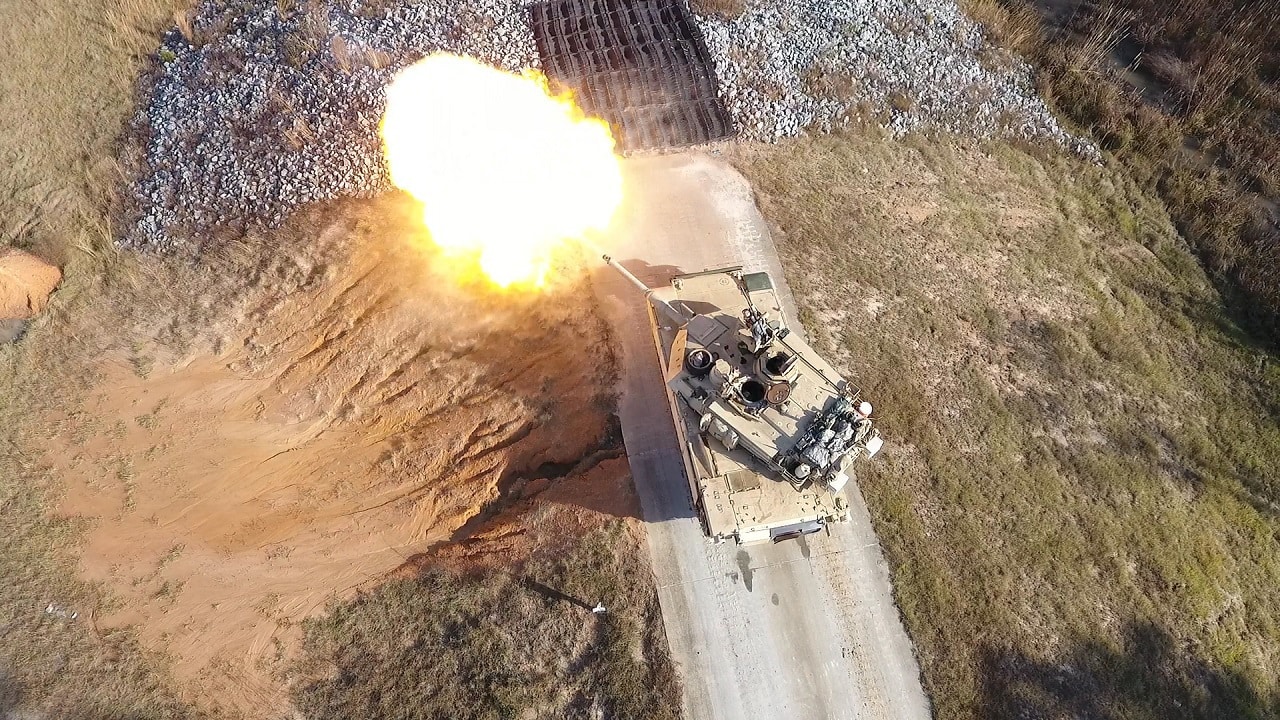Ukraine has increasingly struck targets inside Russia as the Russian invasion drags on. This has provoked a major debate about whether Ukraine should do this even if it is justified by the state of war between the two countries.
The administration of American President Joseph Biden has stated that it does not support Ukrainian attacks inside Russia proper. Ukraine’s more hawkish defenders retort that is a morally legitimate response to Russia’s terror bombing of Ukrainian cities, and that is military useful to disrupt the Russian homefront and stretch Russian defenses, particularly in anticipation of the Ukrainian summer offensive.
Ukraine War: Strategic Choices Outweigh Operational Ones
As compelling as those moral and military logics may be though, Ukraine requires Western support to see the war through. And a major concern in the West since the war’s start has been escalation – both horizontal, to other areas, most obviously NATO itself; and vertical, to nuclear weapons use.
I have argued elsewhere that such escalations are highly unlikely. Russia is too weak to challenge yet another country when it cannot subdue Ukraine, and the risks of nuclear use far outweigh the gain.
Nevertheless, these are clearly major concerns in Western governments, and Ukraine must operate around those constraints – even if it finds them specious – at the risk of losing Western support. That support makes the war possible. Without it, much of eastern Ukraine would probably be occupied by Russia.
Or worse, Ukraine might be reduced to fighting an insurgency against Russia rather than a direct, kinetic conflict. As infuriating as it may be in Kiev to labor under these externally imposed constraints, keeping the Americans and Europeans on side is absolutely critical. Ukrainian strategy for the war in its entirety requires Western assistance, if even the terms of that assistance impact individual operations.
The West May Relent Eventually
The West has fallen into a curious pattern in its assistance to Ukraine: Kiev requests a new weapons system – air defense, tanks, fighter jets – and NATO initially equivocates. There is much hand-wringing that this new system may be the one which finally pushes Putin toward escalation. To sway the debate, Putin makes oblique nuclear threats. NATO prevaricates.
Then a few NATO states – usually Eastern Europeans more directly threatened by Russia – resolve their doubts and start pushing to ship the new system. They volunteer their own variants so that the US and Germany need not ship their own. Opinion change spreads and eventually the new system becomes normalized.
This prevaricate-before-committing cycle may apply to Ukrainian strikes on Russia too. The anxiety – a Russian redline finally crossed – is the same, as is the military value – forcing Russia to defend a larger territorial against hi-tech weaponry. By pushing the envelope on Western tolerance of striking Russia today, Ukraine may win Western ‘approval’ tomorrow.
Defanging Pro-Putin Voices in the West
Fears of spiraling escalation seem, at this point, rather overblown. The war is fifteen months old and still limited to eastern Ukraine. There is no obvious way that a Russia attack on NATO or nuclear use helps Russia win the war. This is almost certainly why Russia has limited the war to Ukraine. And Russia’s partners China and India have warned it repeatedly against escalation.
Instead, the greater concern over Ukrainian attacks on Russia is the justification it would provide Ukrainian aid critics in the West. Populist movements in the West – including the ‘Make America Great Again’ conservatives around former US President Donald Trump – are openly hostile to aiding Ukraine. Ron DeSantis, Trump’s most important challenger for the leadership of the Republican party, has equivocated on the war too.
These populists ideologically sympathize with Russian President Vladimir Putin. His authoritarianism and ‘toughness’ appeals to them. His defense of Christianity and traditionalism against ‘wokeness’ has re-made Putin in their eyes as transnational ally against leftist race and gender ideology. And Trump himself is notorious for his refusal to criticize Putin despite his aggressive willingness to attack almost any rival or opponent. If a ‘trumpist’ Republican takes the White House in the 2024 election, Ukraine aid will almost certainly be halted.
Defanging the populist attraction to Putin, then, is the most important reason for Ukraine to avoid expanding the war. Western pro-Putinists will claim these strikes to be the long-feared escalation which their aid cut-off would prevent.
Kiev should give them no cause to press such a claim. Grudging operational restraint will return strategic rewards.
Expert Biography: Dr. Robert E. Kelly (@Robert_E_Kelly; RoberEdwinKelly.com) is a professor of international relations in the Department of Political Science at Pusan and a 19FortyFive Contributing Editor.
From 19FortyFive
How To Sink A $3 Billion Dollar Submarine: Leave A Hatch Open
Smashed To Pieces: Video Shows Ukraine Hitting Russian Air Defenses

